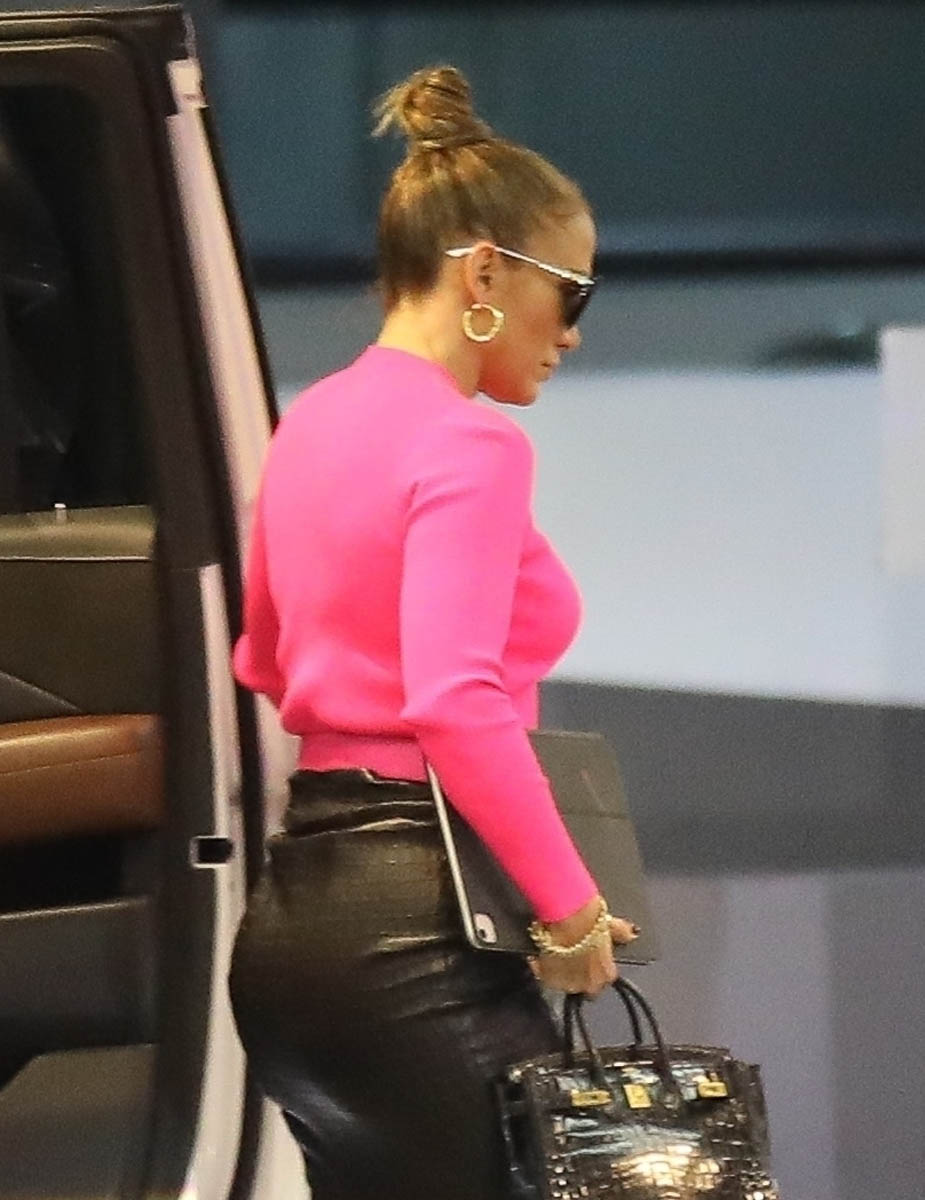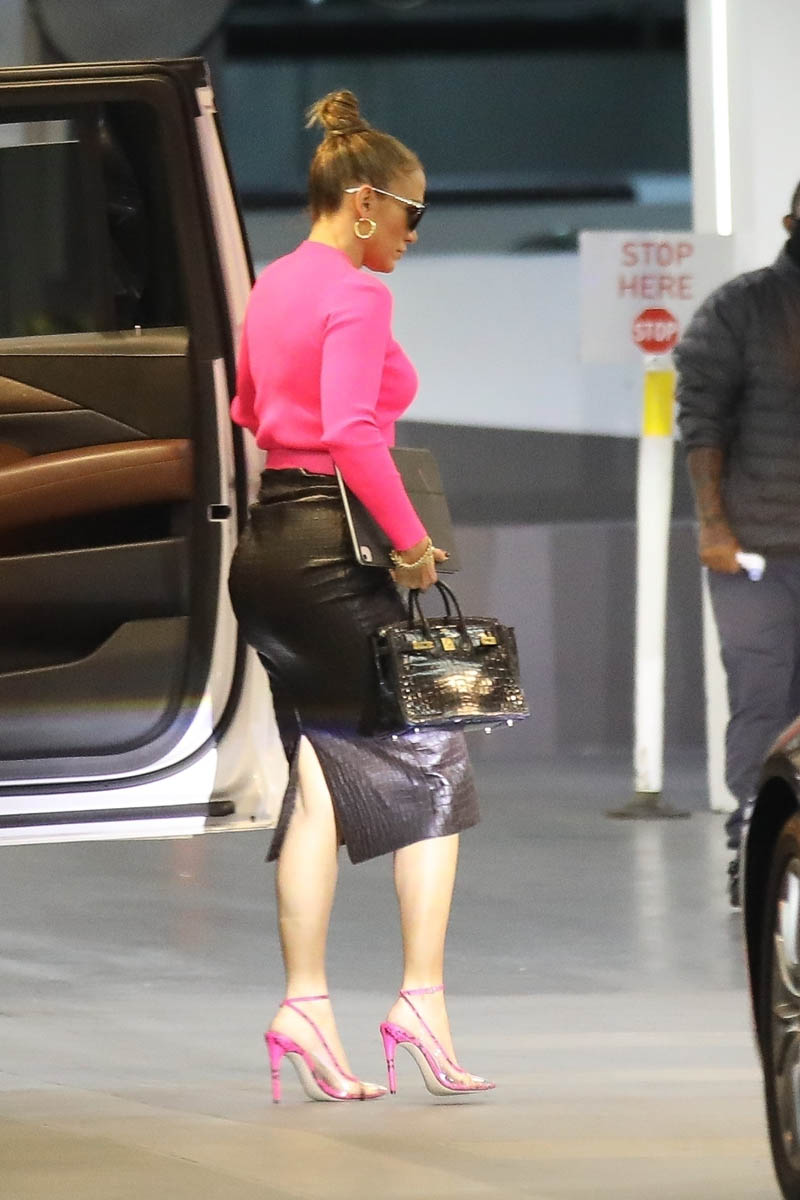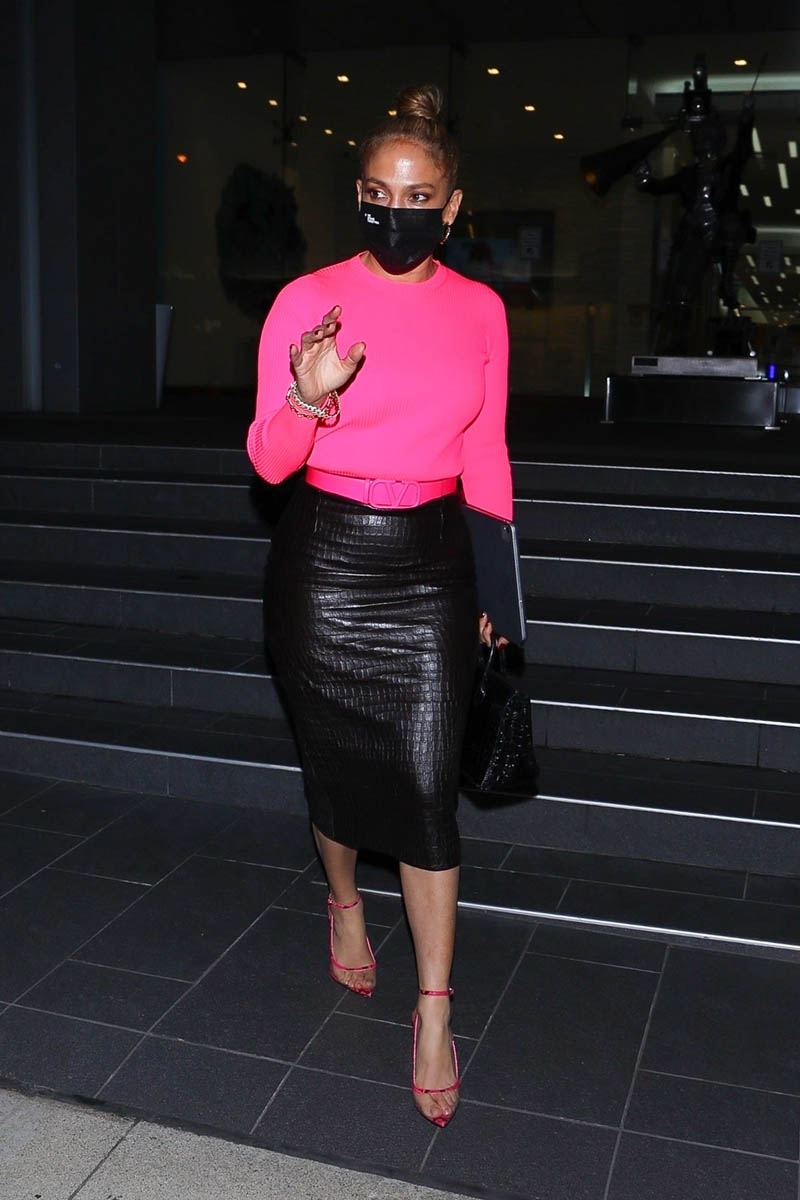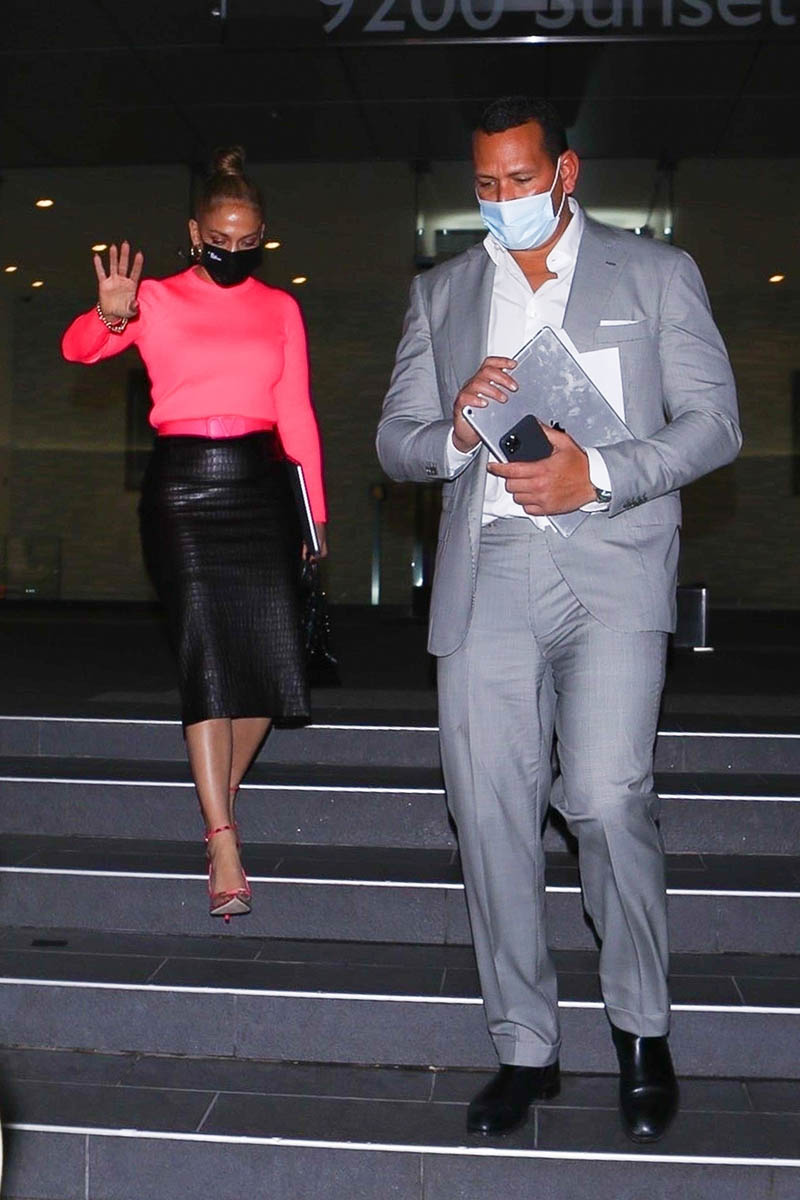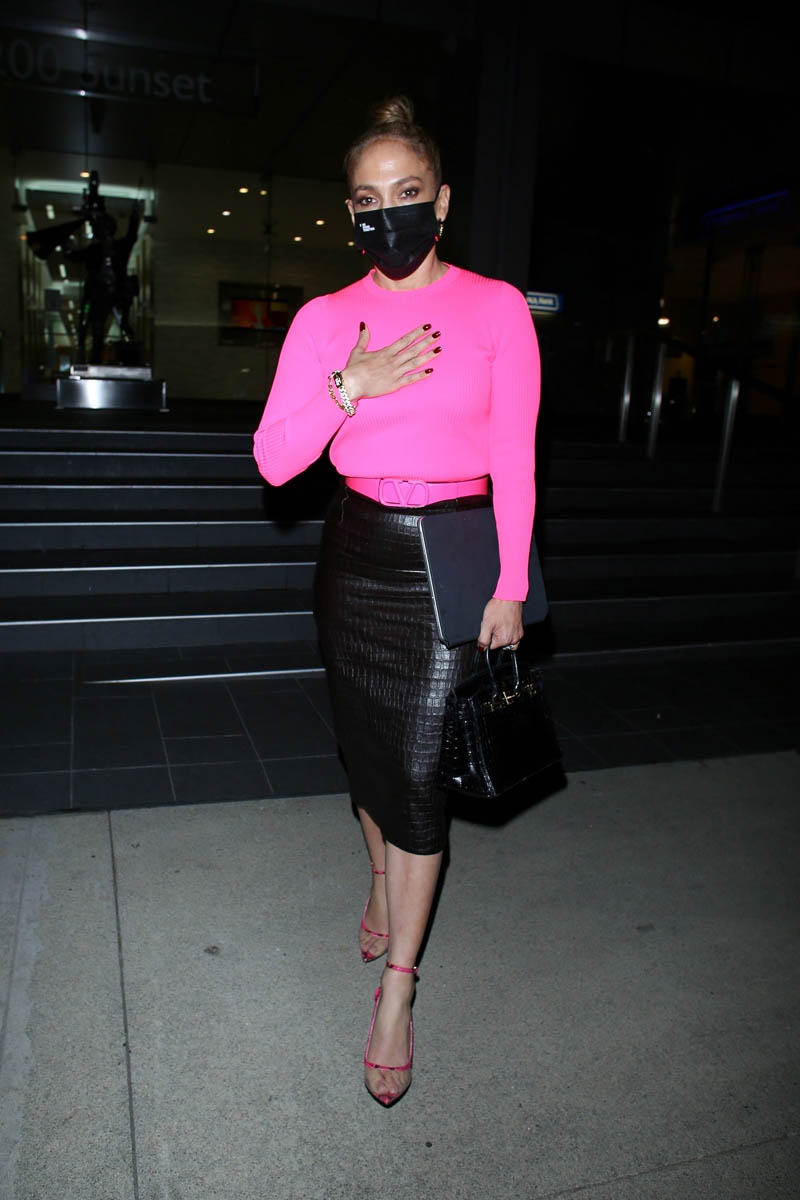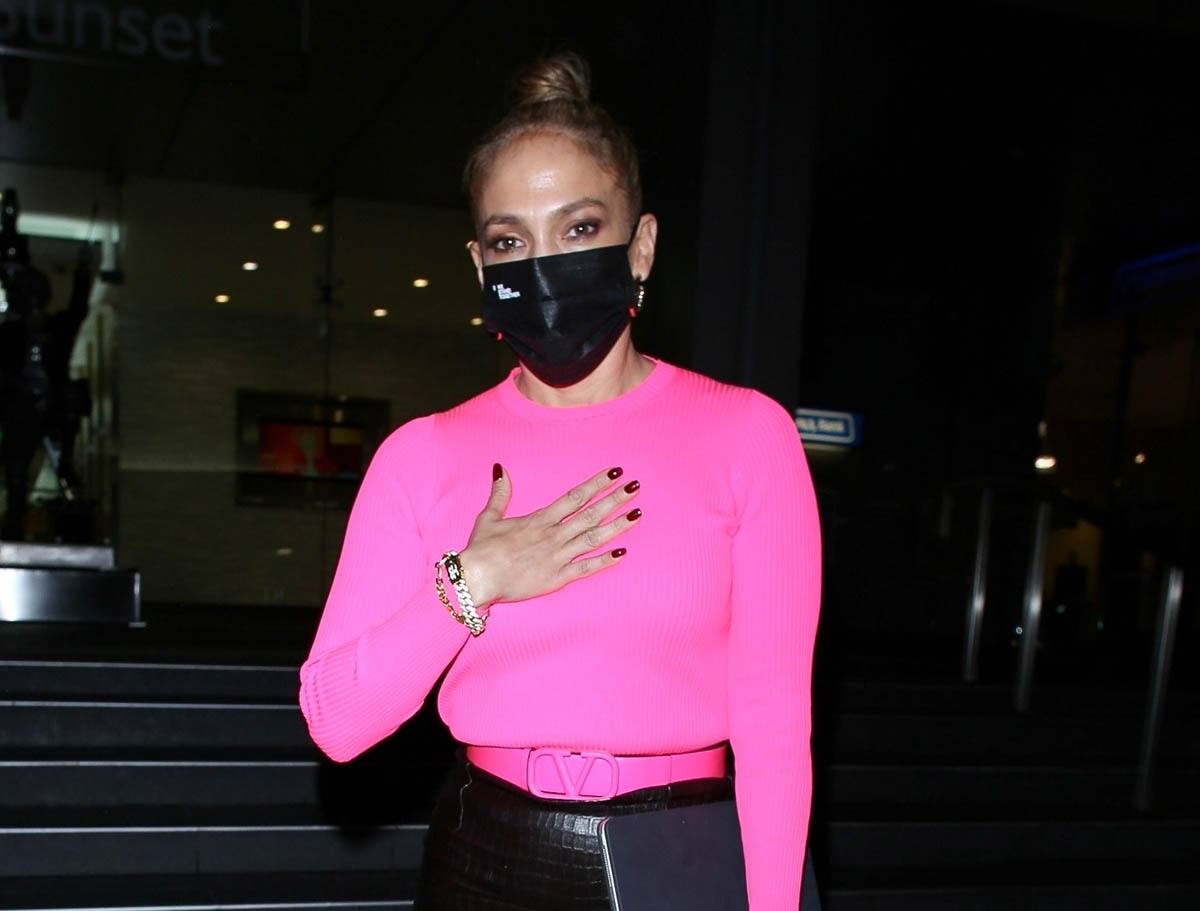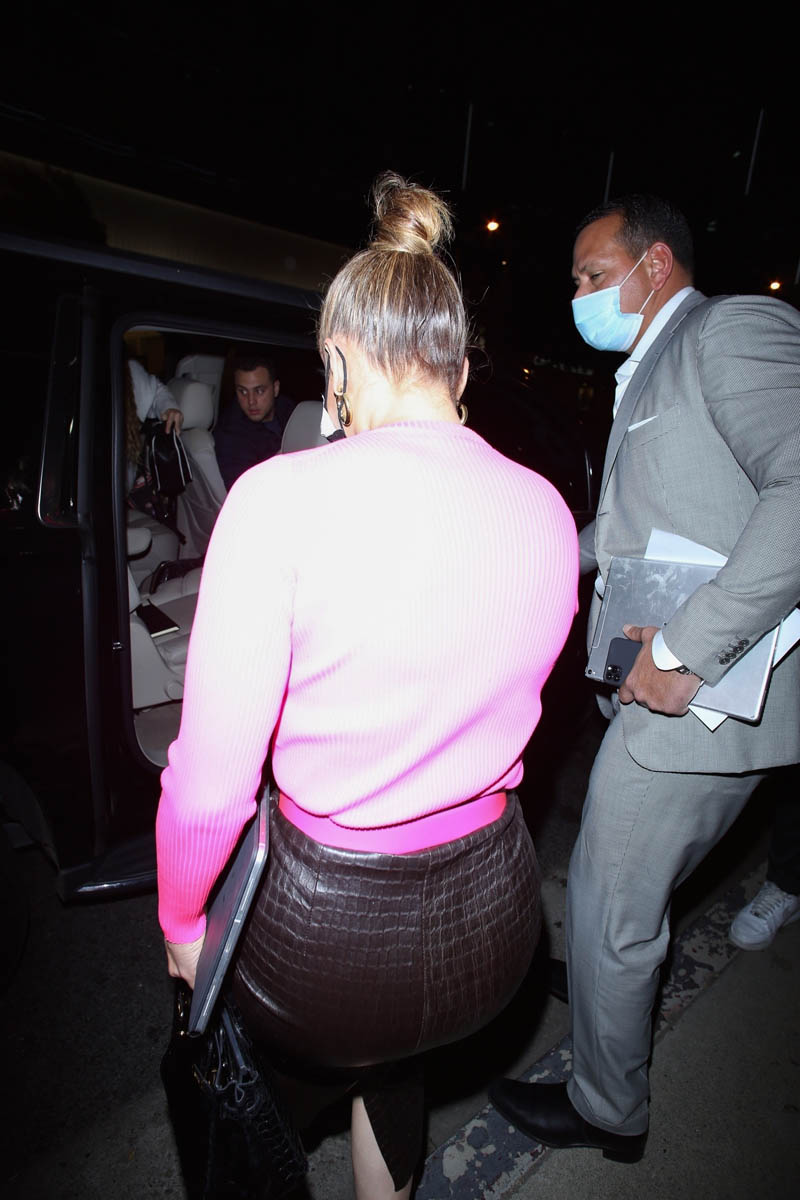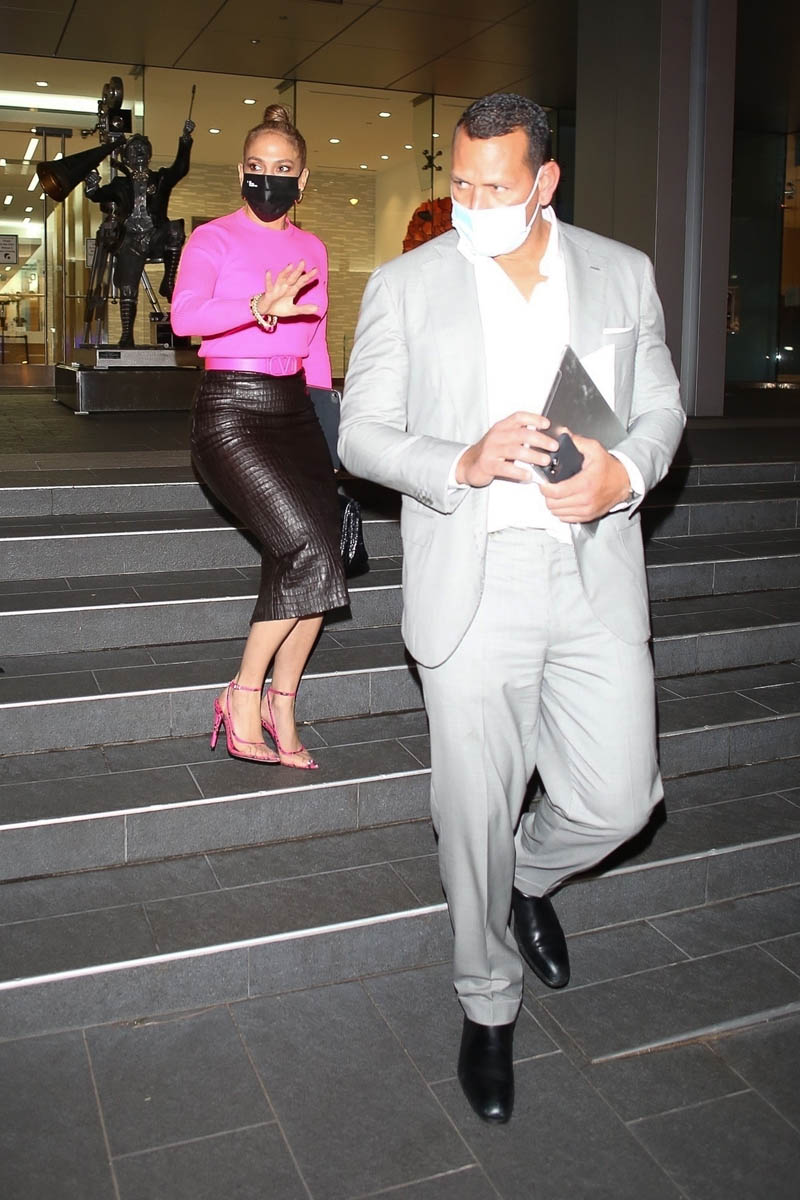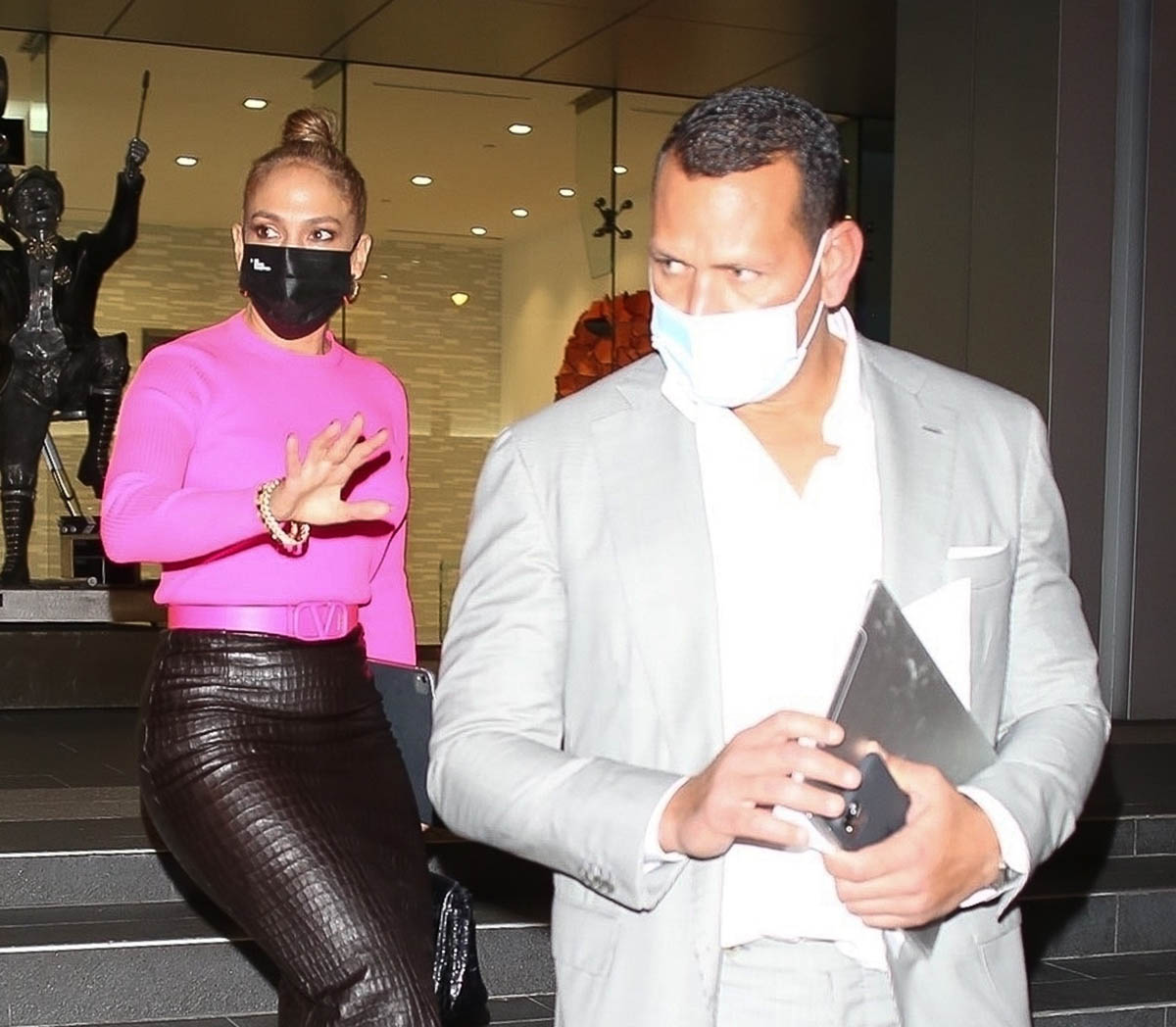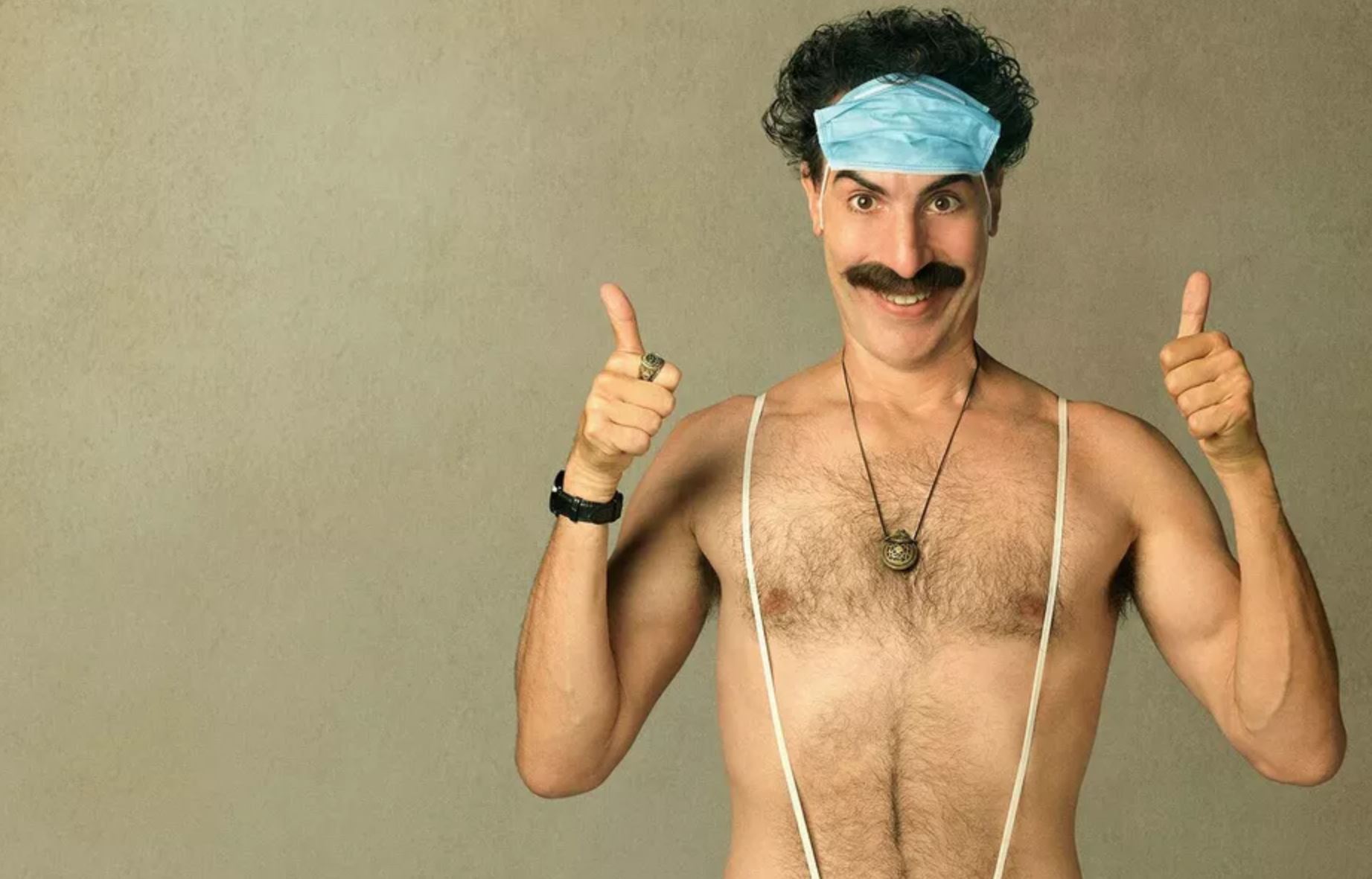JLo: Hustler, Maid, Wedding Planner, and Boss


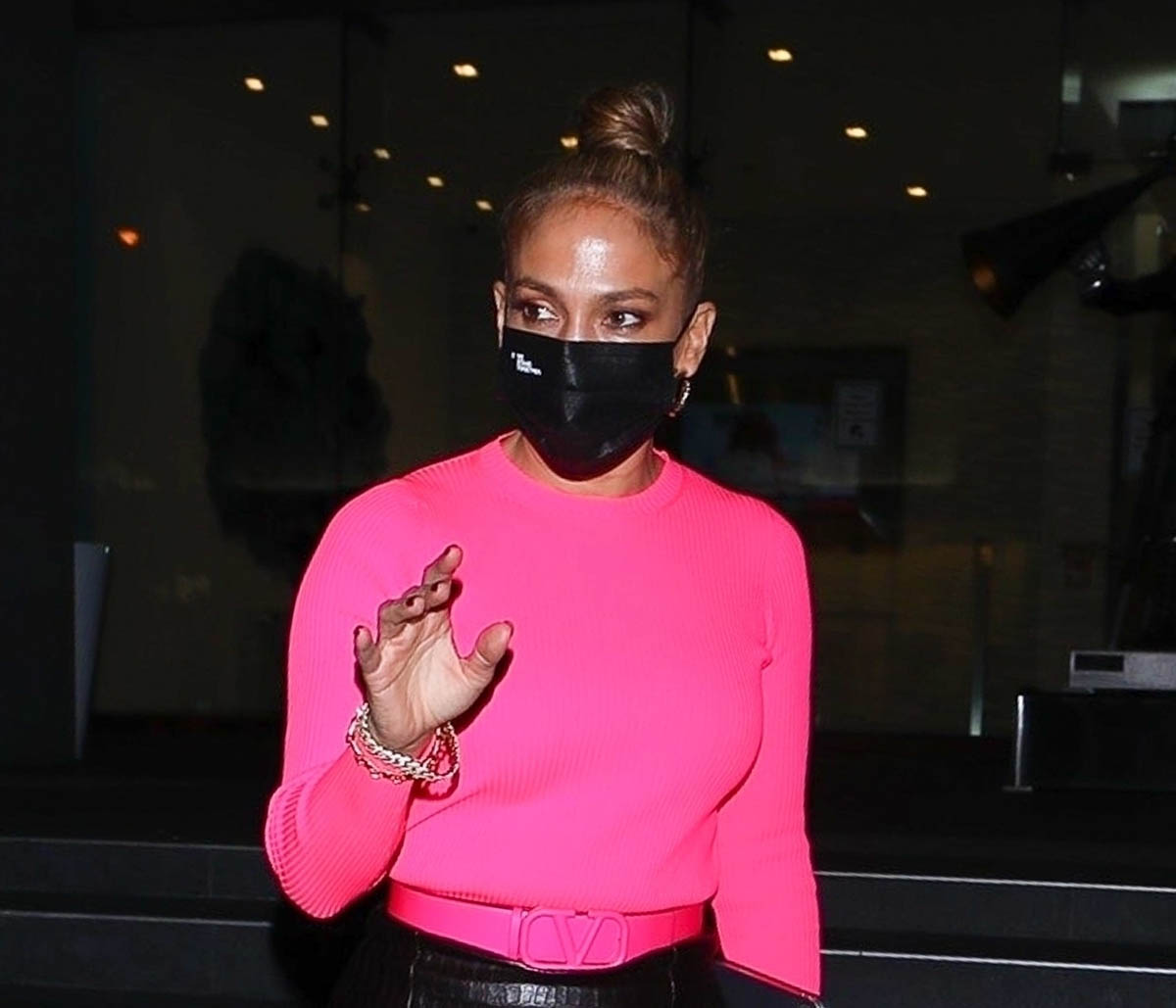
Remember back in the late 90s/early 2000s, when the word “multihyphenate” became part of the cultural lexicon? It was often used to describe Jennifer Lopez. Of course she wasn’t the first multihyphenate or the last but in that moment, that was how we talked about her: dancer, singer, actress, designer, etc.
Most high profile female celebrities these days are multihyphenates so it’s almost redundant to refer to them as such. But JLo’s been doing it for a long time and …do we give her enough credit? Has the industry given her enough credit?
Variety has posted a conversation between JLo and her producing partner and former agent Elaine Goldsmith-Thomas part of their Power of Women issue and there’s a lot of good work here and more insight into the roadblocks she’s had to push through, even after she became a household name. This is a good read so I don’t want to excerpt too much but here are a couple of highlights.
The talk about producing Maid in Manhattan together and how she related to that story. And Elaine brings up the fact that Maid and Gigli were basically filmed at the same time. You know… GIGLI. JLo’s response:
“I wound up doing both movies — one super successful and one maybe not so much. “Maid in Manhattan” was the first movie we produced together. It was very organic. Even as my new agent, we clicked right away. We make each other better.”
I f-cking love this about JLo so much – and it’s what Duana and I talked about when we analysed her career on Show Your Work: nothing sticks to JLo. Through the course of anyone’s career, there are going to be failures, stumbles… and JLo has certainly had her share; but she blows right past them, seemingly easily. And without shame. Ben Affleck can’t say the word “Gigli” without choking but she was there with him, doing the “gobble, gobble” and has never for a minute been mortified. So we’ve never been mortified for her.
JLo and Elaine then go onto The Wedding Planner. Elaine, who was her agent at the time, asked for JLo to be paid what she should be paid. The studio and the director were like… seriously? And then Adam Shankman (the director) saw the crowds she was pulling in at her appearances and told the studio to pay her what she was asking for which was Julia Roberts money, basically. That made JLo the first Latin woman to be paid that much for a movie.
A decade later though, as JLo puts it, “nobody would make a movie with me”. So this is what JLo and Elaine did:
“I thought of something as you’re saying this. I thought about 2015. When “The Boy Next Door” came out, it was our first project together since “Maid in Manhattan.” Nobody would make a movie with me. I was doing “American Idol,” and my records were back on the charts. I was doing really well, many years into my career. I had had a lull, and now I was kind of making a little bit of a splash again. You came into my life, and I asked you to run my production company, and you were like, “I’m going to do it.”
The first thing you said was “Nobody wants to hire you for movies right now.” And then you got this little script, “The Boy Next Door,” and you started working on it with the writer. It was a $4 million budget, and I did it for free because we had to bank on ourselves. We made a back-end deal, and we made this movie in 28 days. It did put us back on the map and set us on a course.”
In short, they made their own sh-t. Like so many already successful women in Hollywood – Reese Witherspoon, Kerry Washington, Nicole Kidman, Eva Longoria, so many others, all of them household names, award-winners, big stars, who were still not being taken seriously by the industry, not being supported by the industry, not being respected by the industry. That’s how Hollywood was built after all: to prioritise white male stories, to the point where they can’t recognise potential staring them in the face.
And then there’s Elaine’s amazing observation, as she says to JLo:
"You know what I found in representing you and in partnering with you? I think that when you do more than one thing in this world, people marginalize you — especially if you’re a woman and especially if you’re a woman of color. And it infuriates me.”
Man there’s a lot to unpack here. It’s the first time I’ve seen it put so succinctly: that JLo being a multihyphenate actually worked against her in some cases, as if being good at many things is actually a detriment. But we just finished talking about all these women, including JLo, who are good at, say, acting but who still weren’t getting opportunities and so they had to diversify. So that’s how the system punishes you – by boxing you in, and then when you break out of the box, you’re marginalised for not having a lane. Or at least you were. That sh-t doesn’t fly anymore in part because women like JLo have worked their way around and through it.
But these stereotypes persist, and Elaine addresses one of them when she talks about rom-coms and how they’re considered less-than and then goes on to describe the WORK that goes into making them. Which I appreciate. Because even though rom-coms are fun and formulaic, that doesn’t mean it’s not storytelling, it doesn’t mean there’s no labour, and that labour isn’t given the respect it deserves. That goes for JLo’s labour too. Probably we’re all guilty of that.
Click here to read the conversation between Jennifer Lopez and Elaine Goldsmith-Thomas at Variety. And here’s JLo out for dinner with Alex Rodriguez last night.

